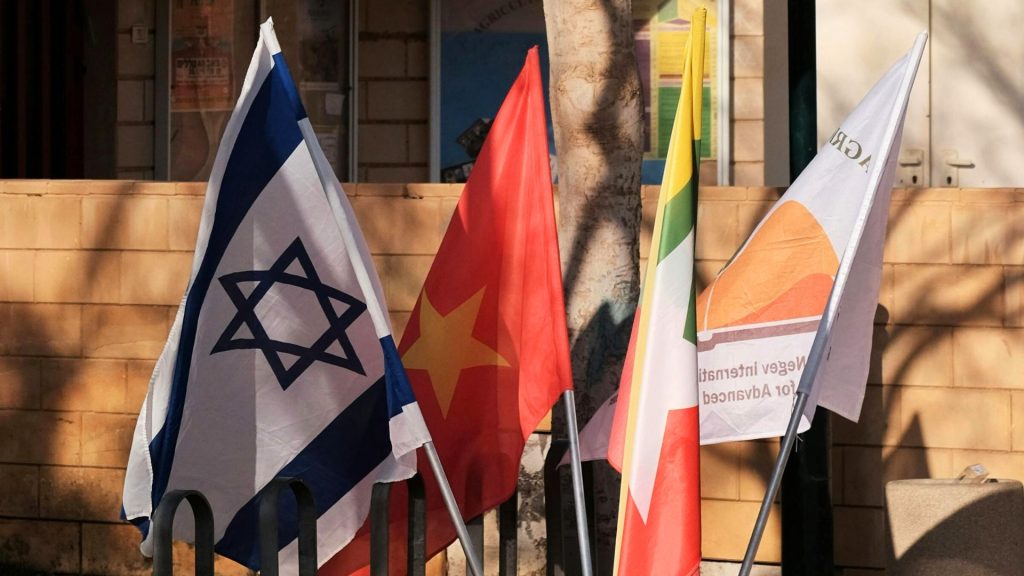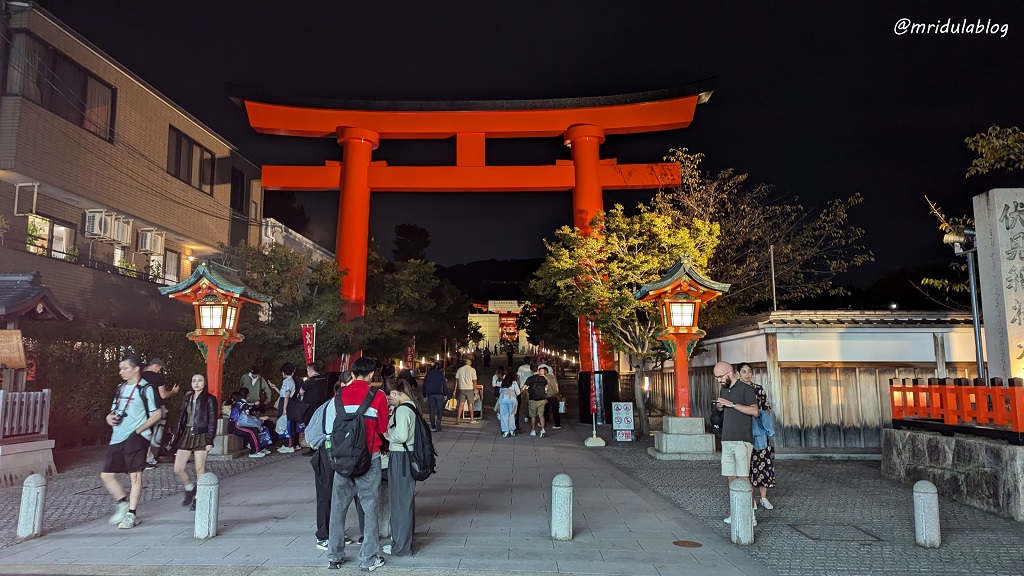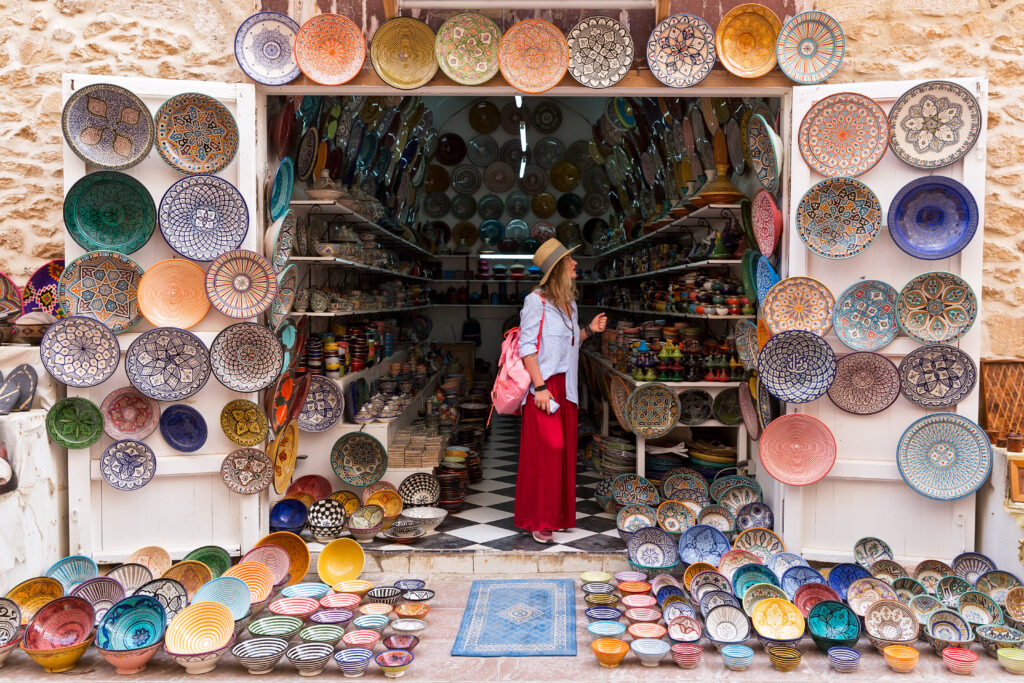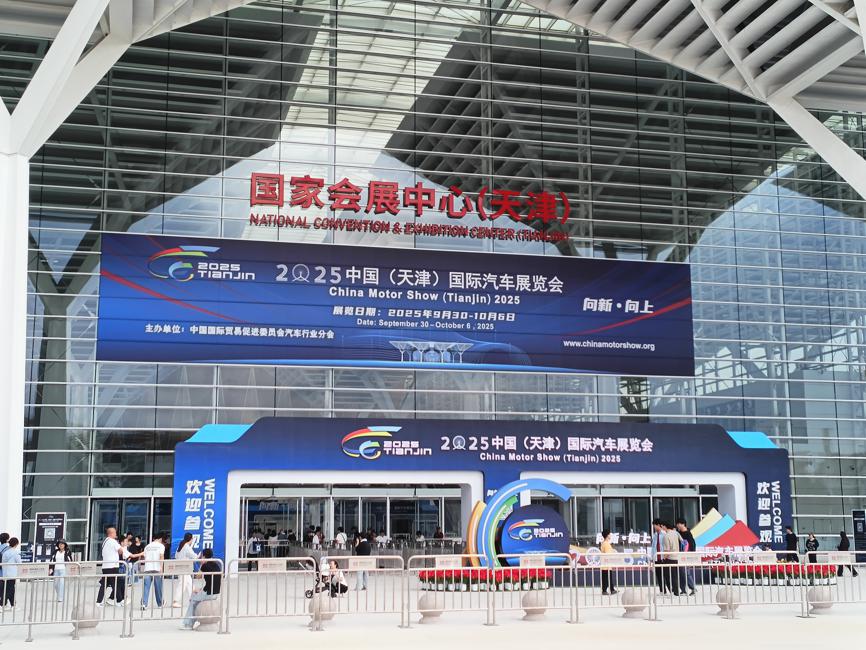Sofia Hotel Reservation
Sofia Hotel Reservation systems can operate both online and offline, each serving different purposes and customer needs. Here’s an explanation of how these two types of hotel reservation systems work:
Online Hotel Reservation System
Definition:
An online hotel reservation system allows guests to book rooms through the internet. This can be done via the hotel’s official website, a mobile app, or third-party booking platforms like Booking.com, Expedia, or Airbnb.
Key Features:
- Real-Time Availability: Guests can see room availability in real-time, ensuring that the information is up-to-date and accurate.
- Instant Confirmation: Once a booking is made, guests receive immediate confirmation via email or SMS, along with booking details and instructions.
- Payment Integration: Guests can pay for their reservations using various online payment methods such as credit/debit cards, PayPal, or other digital wallets.
- Multi-Channel Booking: Hotels can integrate their online reservation system with multiple online travel agencies (OTAs) and global distribution systems (GDS), maximizing their reach to potential guests.
- Guest Account Management: Frequent guests can create accounts to store their information for quicker bookings in the future, access special rates, and manage their reservations.
- Customization and Promotions: Hotels can offer promotional codes, special deals, or packages directly through their online system, encouraging direct bookings and bypassing third-party fees.
Advantages:
- Convenience: Guests can book rooms 24/7 from anywhere in the world.
- Wider Reach: Hotels can attract international guests and reach a broader audience.
- Efficiency: Reduces the workload on hotel staff by automating the booking process.
- Data Collection: Captures guest data for marketing and personalized service.
Disadvantages:
- Dependence on Technology: Requires reliable internet access and a well-maintained website or app.
- Competition: High competition on online platforms, where price comparison is easy.
Offline Hotel Reservation System
Definition:
An offline hotel reservation system involves booking rooms through more traditional methods, such as over the phone, in person, via fax, or through travel agents. This method is still popular, especially in regions with limited internet access or among customers who prefer direct communication.
Key Features:
- Direct Communication: Guests interact directly with hotel staff or travel agents, which can be reassuring for those who prefer personal service.
- Personalized Service: Hotel staff can offer tailored advice, upsell additional services, and assist with special requests during the reservation process.
- Manual Record Keeping: Reservations are often recorded manually in a logbook, spreadsheet, or local property management system (PMS).
- No Need for Internet: Offline reservations do not require internet access, making them accessible for guests who may not have reliable online access.
Advantages:
- Personal Touch: Provides a more personalized experience and can build guest loyalty.
- No Technology Barriers: Suitable for guests who are not tech-savvy or do not have internet access.
- Flexibility: Allows hotel staff to manage special requests, group bookings, and complex itineraries more easily.
Disadvantages:
- Time-Consuming: Requires more time and effort from both guests and hotel staff.
- Limited Availability: Guests must book during business hours and may not have real-time information on availability.
- Potential for Errors: Manual booking processes can lead to mistakes such as double bookings or incorrect data entry.
- Reduced Reach: Limits the hotel’s ability to attract international or tech-savvy customers who prefer online booking.
Comparison Between Online and Offline Reservation Systems
- Accessibility: Online systems are accessible 24/7, while offline systems are typically limited to business hours.
- Reach: Online systems reach a global audience, while offline systems are more localized.
- Efficiency: Online reservations are automated, reducing staff workload, whereas offline reservations require more manual intervention.
- Personalization: Offline reservations can offer more personalized service, while online systems are more standardized.
- Cost: Online systems may involve third-party fees (for example, OTA commissions), while offline bookings might incur costs related to staff time and resources.
Conclusion
Both online and offline hotel reservation systems have their own advantages and are often used in tandem by hotels to cater to different customer preferences. Online systems are ideal for convenience, efficiency, and reaching a global market, while offline systems are better suited for personalized service and customers who prefer direct interaction. Many hotels offer both options to ensure they meet the needs of a diverse clientele.









